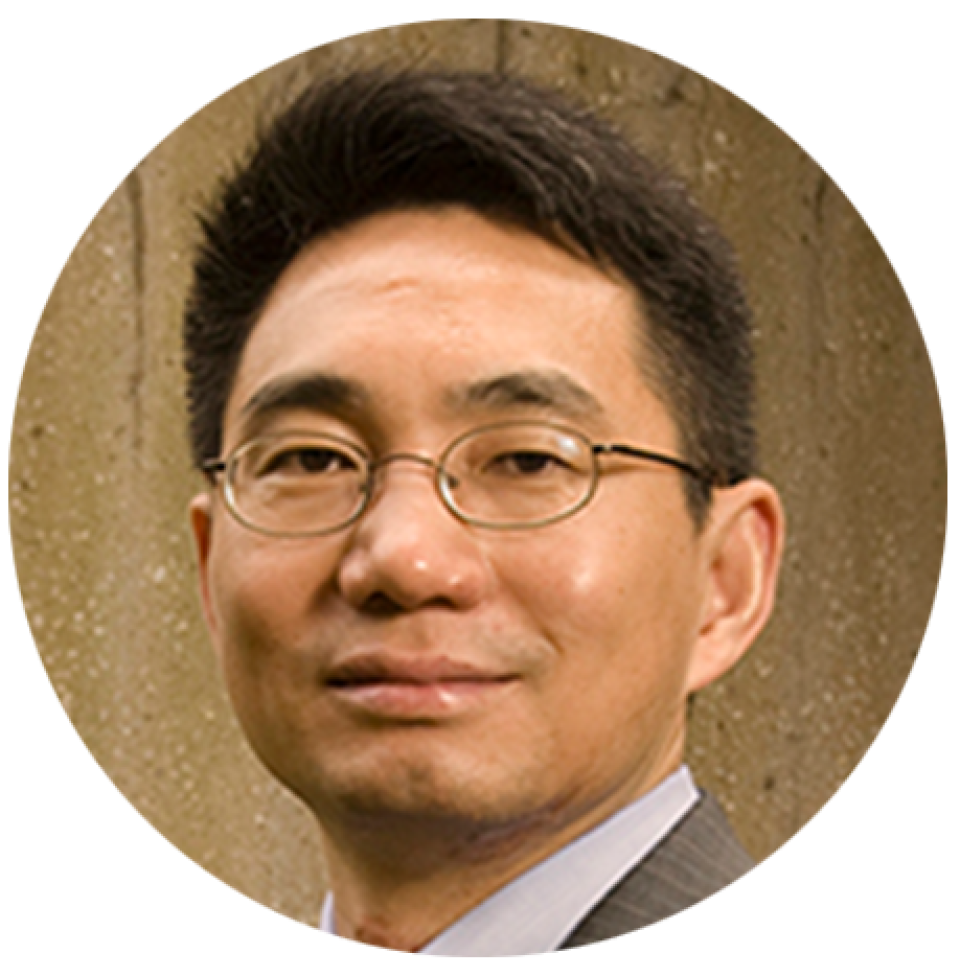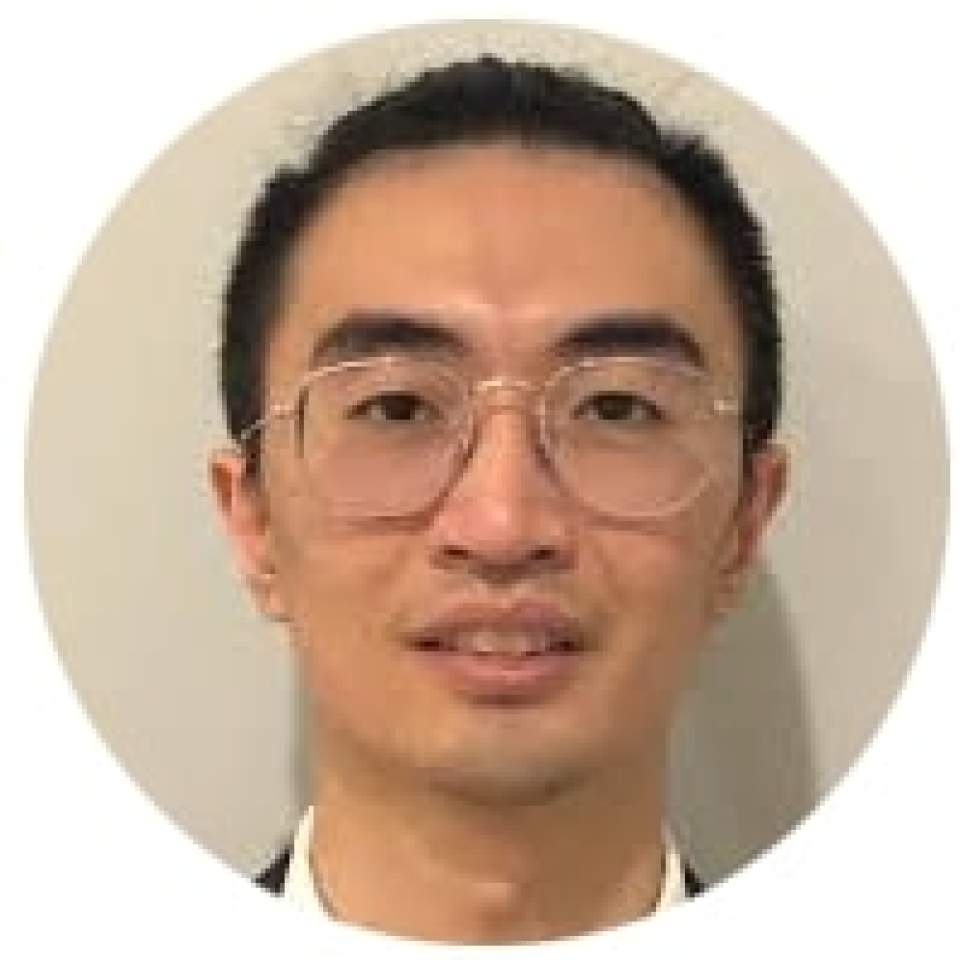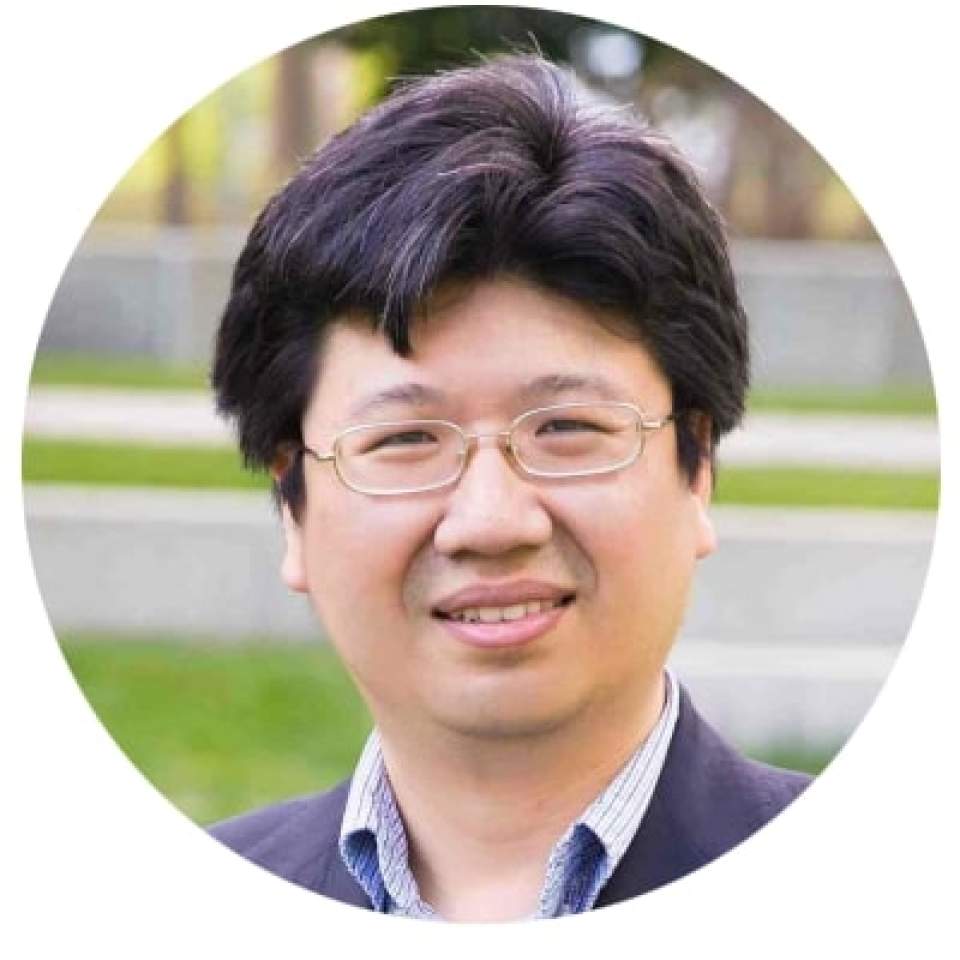
Artificial Intelligence in Oncology
As advances in artificial intelligence (AI) continue to reshape the landscape of healthcare, this workshop aims to explore the transformative potential of AI in the field of cancer research and treatment. The integration of AI technologies presents unprecedented opportunities to enhance early detection, precision medicine, and personalized treatment strategies for cancer patients. This session will delve into the machine learning (ML) based models identifying novel biomarkers, predicting cancer risk as well drug resistance using multi- modal data including EHR, multi-omics and imaging. By bringing together experts from both the AI and cancer research communities, this session aims to foster collaborative efforts, share insights, and pave the way for a future where AI plays a pivotal role in advancing cancer care.
Scope
In the rapidly evolving landscape of healthcare, the integration of artificial intelligence (AI) stands as a beacon of transformative potential, promising to advance patient care, diagnosis, and treatment methodologies. This workshop will include the AI applications in oncology, fostering innovation and improving patient outcomes. Participants will learn about the latest AI advancements and real-world applications in cancer diagnostics, treatment and prognosis. Through expert-led sessions, and collaborative learning, attendees will navigate the latest AI methods in oncology. The workshop is designed for a broad audience, including healthcare professionals, researchers, students, and anyone interested in the intersection of AI and oncology.
TOPICS
|
|
|
|
|
|
|
PROGRAM
Time |
Format |
Topic |
Speakers |
|
5 Minutes |
Podium Presentation |
Introduction |
Yves Lussier, University of Utah |
|
22 Minutes |
Podium Presentation |
Opening Keynote: Single-cell unified polarization assessment of immune cells using single cell foundation model |
Zhongming Zhao, UTHealth |
|
40 Minutes |
Research presentations |
MLPA: A Multi-scale Digital Twin Framework for Personalized Cancer Simulation and Treatment Optimization Paired-sample and Pathway-Anchored MLOps for Robust Transcriptomic Machine Learning in Small Cohort. Case report in classifying TP53 vs PIK3CA-driven breast cancers AI and large language models to advance oncology research |
Jake Chen, University of Alabama
Yves Lussier, University of Utah
Rui Zhang, University of Minnesota |
|
15-20 Minutes |
Break |
Connect and collaborate |
N/A
|
|
22 Minutes |
Podium Presentation |
Middle Keynote: Unraveling Cancer Recurrence: Machine Learning for Predictive Modeling
|
Ece Uzun, Brown University |
|
22 Minutes |
Podium Presentation |
Middle Keynote: Using AI to Win the Race Against Cancer |
Peter Elkin, University at Buffalo
|
|
40 Minutes |
Research presentations |
TBD ASCEND: An AI-powered Framework for Integrating Methylation and Transcriptomics in Oncology DBSCAN applied to EHRs data from patients with glioblastoma clusters patients based on cytosolic Hsp70 protein, sex, and brain subventricular zone Changes in Inter-Tissue Transcriptome Coordination During Aging
|
Hongfang Liu, UTHealth Alper Uzun, Brown University
Davide Chicco, Universit` a di Milano-Bicocca
Judith Somekh, University of Haifa |
|
22 Minutes |
Podium Talk |
Closing Keynote: Enabling AI in Medicine requires both EHRs and Humans-in-the-loop |
James L. Chen, MD, Ohio State University
|
Committee

Zhongming Zhao, PhD

Qianqian Song, PhD

Guangyu Wang, Phd

AIk Chan (AC) Tan, PhD